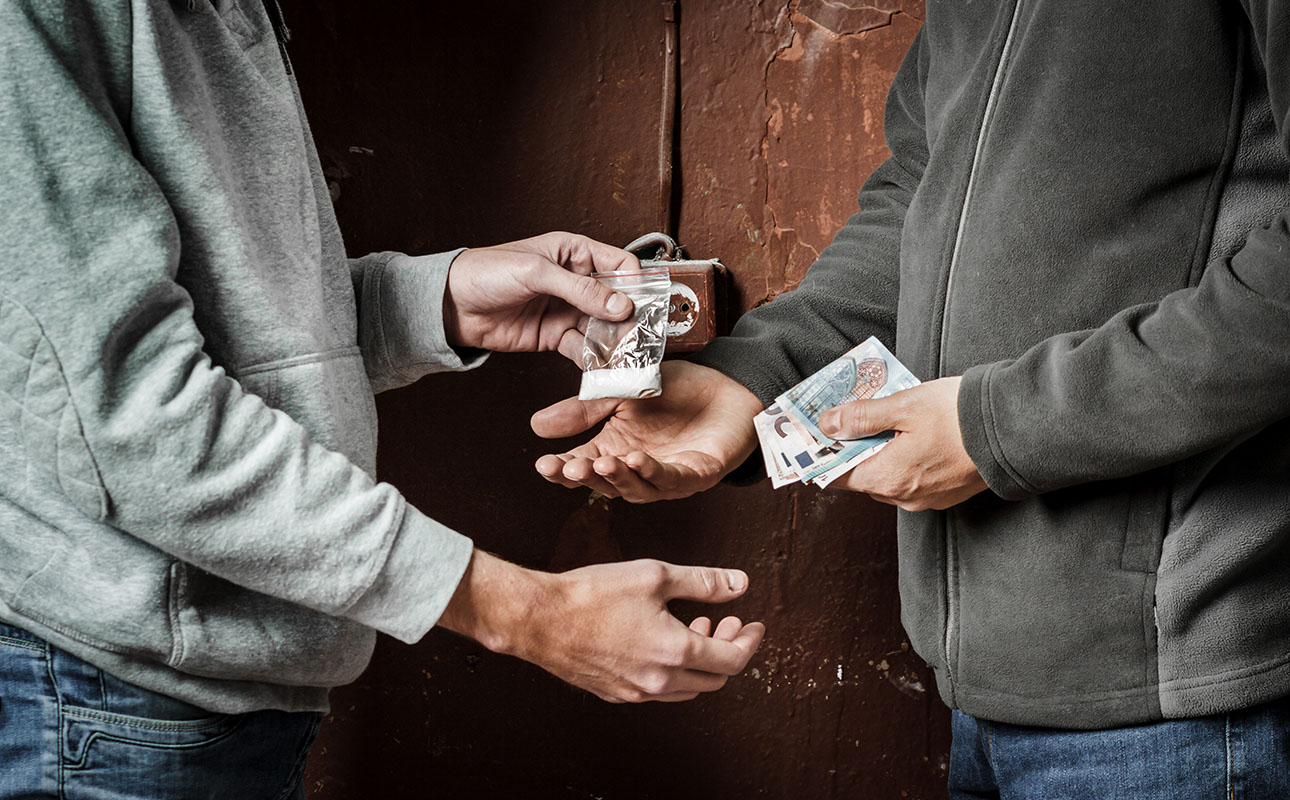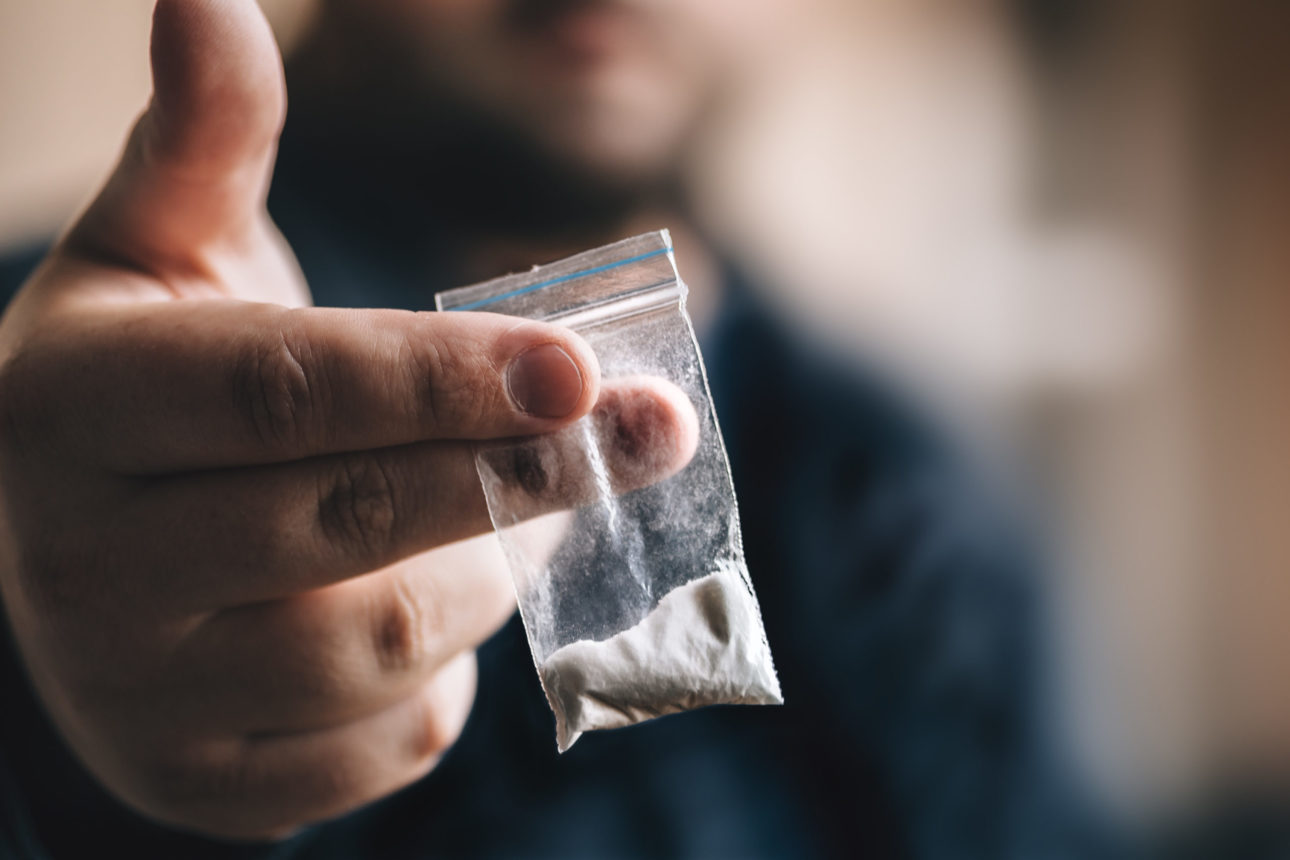Cocaine abuse is, unfortunately, an all too common problem in the United States. In fact, over 900,000 Americans met the criteria indicating cocaine addiction as of 2014. Being addicted to cocaine can have negative consequences for an individual’s health and personal and professional lives.
Fortunately, addiction treatment for people who have become dependent on cocaine consumption offers success. If you or a loved one is addicted to cocaine and looking to stop using, don’t wait to reach out to get help. At Soba Recovery, we’re waiting for your call.
Cocaine and Its Effects on the Body
Cocaine is a drug that stimulates the nervous system. It can be consumed in a variety of ways. The most common way to consume cocaine is through snorting this drug in powder form. However, cocaine can also be smoked or injected.
When cocaine is ingested, it produces a euphoric effect. It can also create sensations in users of being highly energetic. The effects that cocaine consumption offers can result in both physical and psychological addictions. Physically, the body can become dependent on the drug so that withdrawal symptoms such as fatigue, depression, and irritability are noticed when affected individuals no longer consume cocaine. Psychologically, chronic cocaine users can become dependent on the drug and experience thoughts and feelings of needing it to get through the day.
Perhaps the biggest reason why it’s so easy to become addicted to cocaine is because cocaine use produces high dopamine levels in the brain. This means that cocaine use creates a strong and intense reward response in the brain. Regular cocaine users enjoy this response and their brains are reprogrammed by routine cocaine consumption. If they don’t continue to use cocaine, their dopamine levels can drop abnormally low so that they feel very depressed and desperate to use cocaine again.
Symptoms of Cocaine Addiction
If you’re suffering from a cocaine addiction, you probably feel like you’re unable to keep up with personal, professional, and financial commitments. You may also notice your addiction is starting to affect your health. Lack of appetite, unintentional weight loss, feeling paranoid, and feeling depressed, are all negative side effects to cocaine use. If you notice these symptoms in someone else, they may need help with their addiction as well.
Seeking Treatment for Cocaine Addiction
Addiction to cocaine can be treated in a variety of ways. At Soba Recovery, we know overcoming addiction is not always easy. We do everything we can to make you feel as safe and comfortable as possible. We offer numerous treatment options that can help you overcome your cocaine addiction.
The first step to the recovery process is detoxification. Detoxification is an essential part of overcoming cocaine addiction or any other type of drug addiction. Detoxification is the process of ridding your body of cocaine and any other harmful substances. It’s also the first step to recovery One of the most difficult parts of detoxification is dealing with withdrawal symptoms. While withdrawal symptoms can be difficult to handle, we at Soba Recovery make sure we’re doing everything we can to ease the withdrawals. We also monitor your vitals 24/7 to make sure no health complications arise during detox.
After detox, there are a few different treatment options for you. We usually recommend clients complete residential inpatient treatment, then partial hospitalization, outpatient, and sober living. We know addiction and treatment is different for everyone so if the above mentioned isn’t your path, that’s ok. We know some people aren’t able to complete residential treatment because they have personal obligations at home. Below is a breakdown of each treatment option:
Residential Inpatient
Residential inpatient treatment is typically the next best step to take in recovery after detoxification. On average your stay with us will be about one month. During this time you’ll live at our treatment facility and have round the clock care. You’ll eat your meals here, attend group, and individual therapy. Residential inpatient care is an excellent way to detox and overcome withdrawal symptoms with the assistance of doctors and counselors who have a great deal of experience regarding the treatment of drug addiction. This is the time where you’ll also start to dig deep and find out the root cause of your cocaine addiction.
Partial Hospitalization
Partial hospitalization can be used as a step down from residential inpatient treatment or in lieu of. The program is similar to residential inpatient but you don’t sleep at our facility. You spend the day attending different therapy sessions and connecting with others around you, but get to go home to your own bed at night. You’ll also focus on finding out some triggers for your addiction.
Outpatient and Sober Living
Outpatient treatment continues the therapies offered during inpatient and partial hospitalization. Alot of our clients will attend outpatient while in a sober living home. These treatment options give you the flexibility in your schedule to get a job and start to get back to “normal” life while still working on your recovery. Outpatient and sober living are both great tools when preventing relapse.
Get Help for Cocaine Addiction Today
The sooner you or your loved one seeks help for cocaine addiction, the sooner this severe problem can be overcome. The first step to getting the treatment you or your loved one needs for cocaine addiction is to contact us at SOBA Recovery Center. We’ll provide you with more information and answer your questions regarding treatment options.
At Soba Recovery Center, we’re here to help. We offer treatment programs for cocaine addiction in Mesa, Arizona and San Antonio, Texas. Contact us to learn more about our cocaine addiction treatment centers and the drug addiction treatments we provide.



